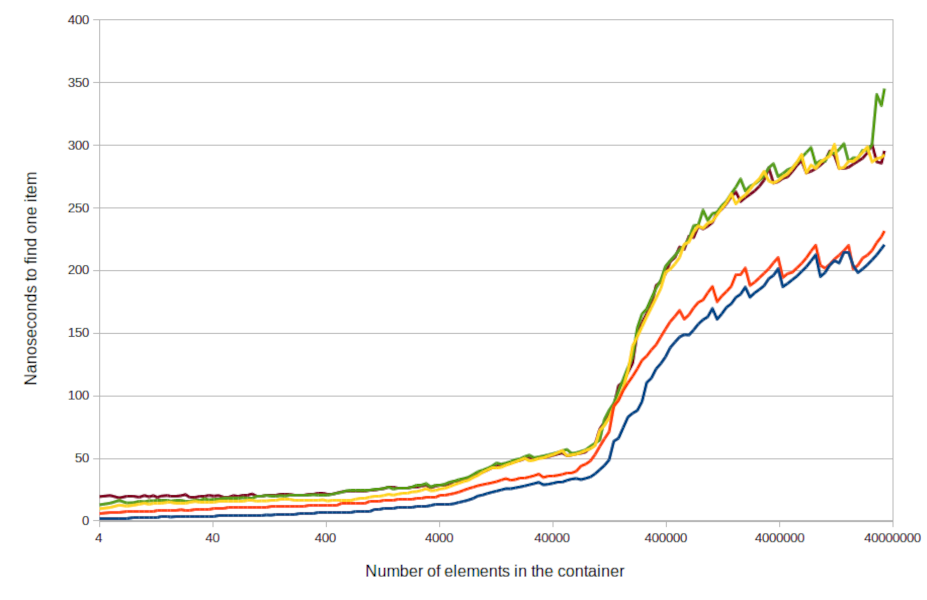Ministry Enhances Anti-Online Scam Center with New Department Structure

The Digital Economy and Society (DES) Ministry of Thailand is set to bolster its efforts against online fraud by upgrading the existing Anti-Online Scam Operation Center into a full-fledged department. This significant move is in response to the growing sophistication of online scams, and it aligns with the recently enacted emergency decree aimed at preventing and suppressing technology-related crimes, which came into effect on April 13, 2023.
According to DES Minister Prasert Jantararuangtong, this transformation is essential in providing the center with enhanced roles and responsibilities, ensuring a more robust approach to combating online scams. "The center should be upgraded to become a department, giving it a greater role and accountability in dealing with increasingly sophisticated online scams in the future," he stated during a recent press briefing.
The Anti-Online Scam Operation Center has been instrumental in Thailand's fight against online fraud. It operates a 1441 one-stop hotline service designed to assist victims of online scams. This hotline serves as a crucial resource for those who have fallen prey to fraudulent schemes, providing immediate support and guidance.
A key feature of the center is its dedicated war room, which enables swift action to address urgent cases reported by the public. The center aims to freeze suspicious bank accounts within an hour of a victim's report, a rapid response that underscores its commitment to protecting victims and preventing further financial loss.
In the period from November 1, 2023, to April 18, 2024, the center has made significant strides in curbing online fraud, successfully suspending a staggering 607,838 bank accountsaveraging 1,233 accounts per day. This proactive measure is part of a broader strategy to enhance the follow-up process regarding victim compensation and to improve the efficiency of arresting and prosecuting perpetrators.
Minister Prasert emphasized the importance of collaboration with other key stakeholders in the financial and telecommunications sectors. He is currently working with agencies such as the Bank of Thailand, various financial institutions, mobile service providers, and digital platforms to establish new standards that will strengthen the security surrounding the opening of new bank accounts. The new emergency decree imposes strict regulations on this process for both legal entities and individuals, aiming to mitigate risks associated with online scams.
One of the critical elements of the new decree is the empowerment of the Anti-Money Laundering Office, which now holds the authority to determine the return of stolen funds to victims. Previously, victims were required to navigate the court system to seek reimbursement, which often proved to be a lengthy and complex process. The updated law now also mandates that financial institutions and telecom operators share greater accountability for losses incurred by victims of scams.
Moreover, the decree requires the establishment of a dedicated operation center under the ministry's permanent secretary for the prevention and suppression of technology crimes. This initiative is expected to centralize resources and expertise, allowing for a more coordinated and effective response to the evolving landscape of online threats.


























